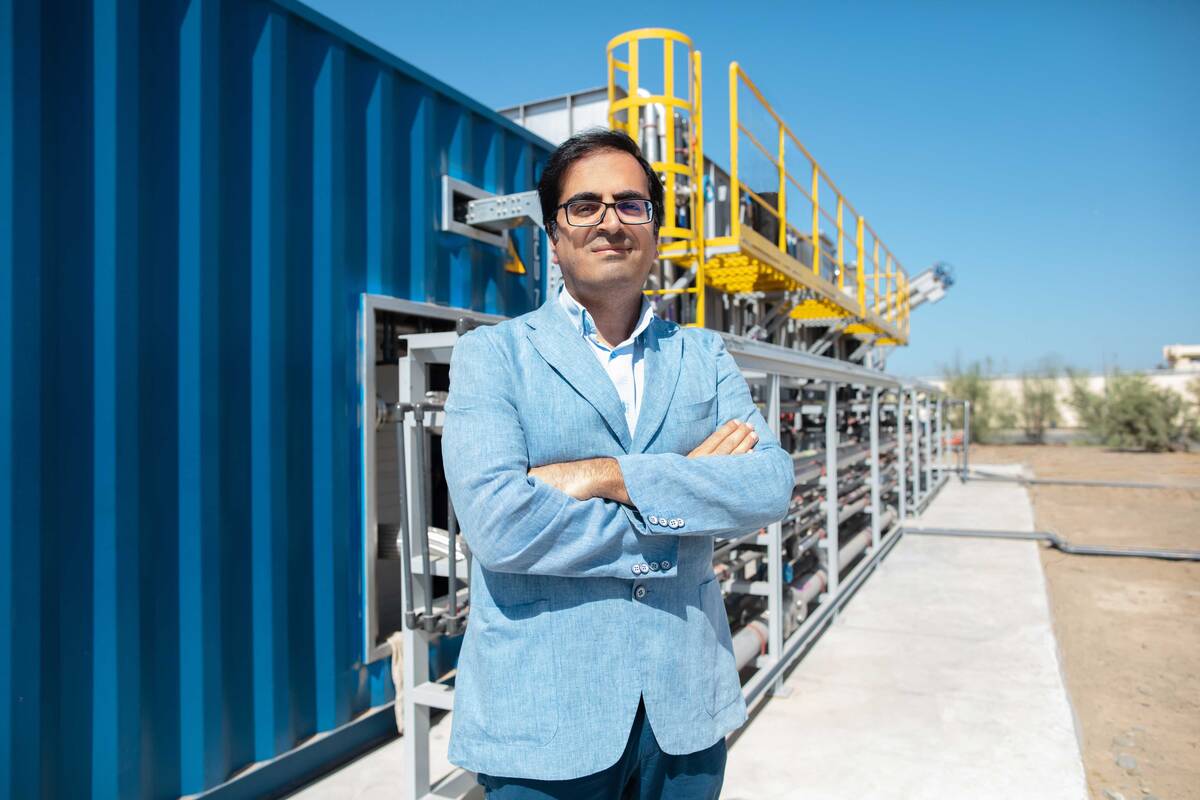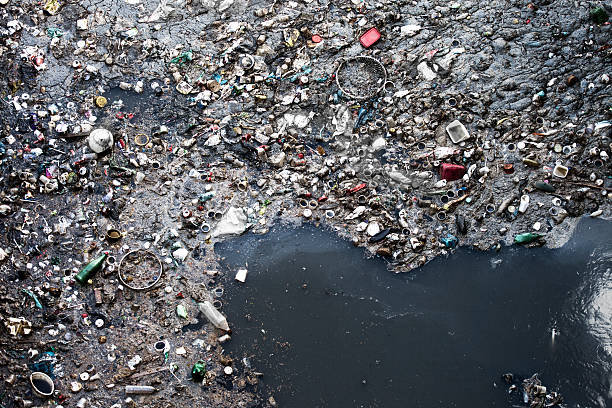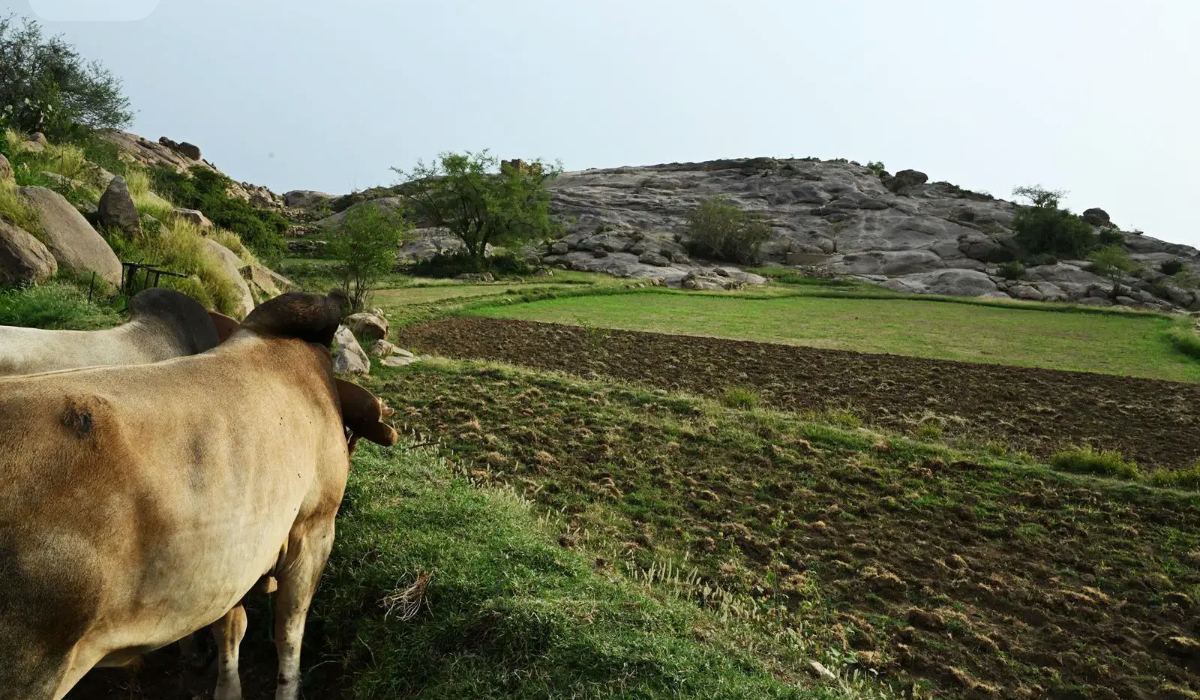JEDDAH: Saudi Arabia’s Foreign Minister Adel Al-Jubeir on Thursday said his country and its allies are determined to push the “world's chief sponsor of terrorism” out of the Arab world if it does not move out on its own.
“Iran has no role in the Arab world other than to get out,” Al-Jubeir said in a forum of the Council on Foreign Relations in New York, a think-tank, repeating previous statements by Saudi Arabia and its allies that Iran is trying to dominate the Mideast region.
He said Iran spent the last four decades trying to entrench itself in the Arab world through proxy militias such as the Hezbollah of Lebanon, but Saudi Arabia and its allies “will work on pushing them back and I have no doubt that in the end we will succeed.”
He pointed out that the Iranians “are losing in Yemen, their position is not what it was a few years ago in Iraq, and in Syria over the long run they will lose and in Lebanon Hezbollah will change.”
Al-Jubeir’s remarks comes a day after US President Donald Trump blasted Iran in his annual address to the UN General Assembly, accusing its leaders of corruption and spreading chaos throughout the Middle East and beyond.
Iran’s economy has been on a downward spiral after Trump got the US out of a 2015 deal in which Western nations would free frozen Iranian assets in exchange for Tehran’s freezing its nuclear weapons ambitions. Iran has been accused of exploiting the deal to develop missiles that it uses to threaten its neighbors.
Al-Jubeir said Iran is solely to blame for the morass that its economy is in.
On Wednesday, the Iranian rial hit a record low against the US dollar on the unofficial market and the nation has seen growing protests amid a deterioration in the economic situation.
He said Iran’s model of “sectarianism and terrorism” is doomed to failure. “I hope that Iran can have a government that is responsible so that the Iranian people, who have a great history, can lead normal lives,” he said.
Qatar ‘dangerous behavior’
In the same forum, Al-Jubeir said Saudi Arabia and its Gulf allies remain open to a dialogue with Qatar with a view to restoring relations, but Doha needs to change its “dangerous” behavior first.
“We have no hostility towards Qatar, but we vehemently oppose their behavior, which is very dangerous to us and our citizens and security,” he said. “The problem with the Qataris is that they are still in denial. We need to move them from denial to introspection so they can fix the problem.”
Saudi Arabia, Egypt, Bahrain and the United Arab Emirates (UAE) cut ties with Qatar in June 2017, accusing their erstwhile ally of supporting terrorist and extremist groups — a charge Qatar rejects.
Specifically, the quartet accused the Qatar government and wealthy individuals and groups of sponsoring radicals, inciting people, and becoming a base for the Muslim Brotherhood since the mid-90s.
Kuwait had tried to mediate, and the Anti-Terror Quartet — or ATQ — as the four-nation group had become known, even slashed its original 13-point demand to only six, which included committing to six principles on combatting extremism and terrorism and negotiate a plan with specific measures to implement them.
Qatar rejected the demands, and opted to fight the sanctions imposed by the quartet by seeking help from Iran and Turkey.
“I hope the Qataris change, and if they don’t we are patient people, we will wait for 10, 15, 20, 50 years,” Al-Jubeir said during the forum.
“The Qataris use their media platforms to spread hate, send weapons to Al-Qaeda-affiliated militia in Libya. The Qatari Emir was conniving with Qaddafi on how to overthrow Saudi Arabia,” he said.
“People see a young country (Qatar), young leadership, they buy fancy buildings, they have a nice airline, and they think ‘wow, these guys are really modern,’ but we have to deal with the dark side,” he said.
Yemen’s Houthis losing control
Al-Jubeir also took the occasion to explain the Saudi-led Arab coalition's campaign in Yemen in support of the UN-recognized government of President Abed Rabbo Mansour Hadi against the Iran-backed Houthi militia.
“There was no way we were going to allow a radical militia allied with Iran and Hezbollah, in possession of ballistic missiles and an air force to take over a country that is strategically important to the world and that is our neighbor. So we responded to reverse the coup that the Houthis staged,” he said.
“The Houthis have every right to be part of the Yemeni political system, but have no right to dominate,” he added.
He lamented the lack of world outrage over the atrocities being committed by Houthis, including its use of children as soldiers, and starving villagers by laying siege to their towns in an effort to blame the Coalition, and firing missiles to populated areas in both Yemen and Saudi Arabia.
“The Houthis have lobbed 197 ballistic missiles at our cities, and they have fired more than 200 ballistic missiles at Yemeni cities, and I don't see any outrage,” he said. “They randomly plant mines all over the country and people lose life and limb and nobody says anything and we get blamed for it.”
On the other hand, whenever the Coalition is believed to have made a mistake in its operations, it has its own in-house body that investigates, and if non-combatants have been harmed, the probe body announces the result of the investigation and the Coalition pays compensation according to international humanitarian law.
While the Houthis are still fighting, he said they are losing and the area under their control is down to 20 percent.
Al-Jubeir said Saudi Arabia was hopeful that the Yemen conflict would finally be resolved politically, based on the GCC initiative, the outcome of the Yemeni dialogue and the UN security council resolution 2216.
Palestine
On the US decision to halt its contributions to the United Nations Relief and Works Agency for Palestine Refugees in the Near East (UNRWA), Al-Jubeir said Saudi Arabia has added $50 million to its contribution to agency to reduce the gap from US cutbacks. Riyadh has also tripled its monthly support for the Palestinian Authority and have $150 million for the Islamic trust in Jerusalem.
“If we don't support UNWRA, the misery in the camps goes up, the potential to recruit extremists goes up and violence goes up. I hope that the US finds a way to reverse that decision or find other means to support institutions that provide humanitarian assistance to the Palestinians in the refugee camps,” he said.
Founded in 1949, the UNRWA supports more than 5 million registered Palestinian refugees, providing them welfare and education.
Al-Jubeir further said the US decision to move its embassy to Jerusalem “was a mistake.”
“We believe it violates the principle of not taking unilateral actions that jeopardize the final status talks,” he said.
Ties with Iraq
In contrast with Iran and Qatar, Iraq had seen better ties with Saudi Arabia, with Al-Jubeir saying the relationship between the two countries in the last 18 months have “grown by leaps and bounds.”
“We are moving forward robustly in our relationship with Iraq,” he said, citing increased Saudi investments in Iraq, the opening up of the Iraq-Saudi the border crossing two decades after it was closed. “We are looking at more ways to improve the relationship with Iraq. We are committed to having the best of ties with Iraq.”
Saudi Arabia’s economy
On the domestic economy, Al-Jubeir Saudi Arabia is looking at a 2% growth this year and even better next year. “As the structural changes begin to kick in you would expect to see accelerated growth,” he told the forum.
He pointed to the measures taken to enhance investor confidence, including the upgrading of the Kingdom’s commercial laws and legal system to make it more transparent and efficient.
“We are trying to build a society that's based on innovations, technology, renewable energy because we think that’s where our strength is,” he said.









































